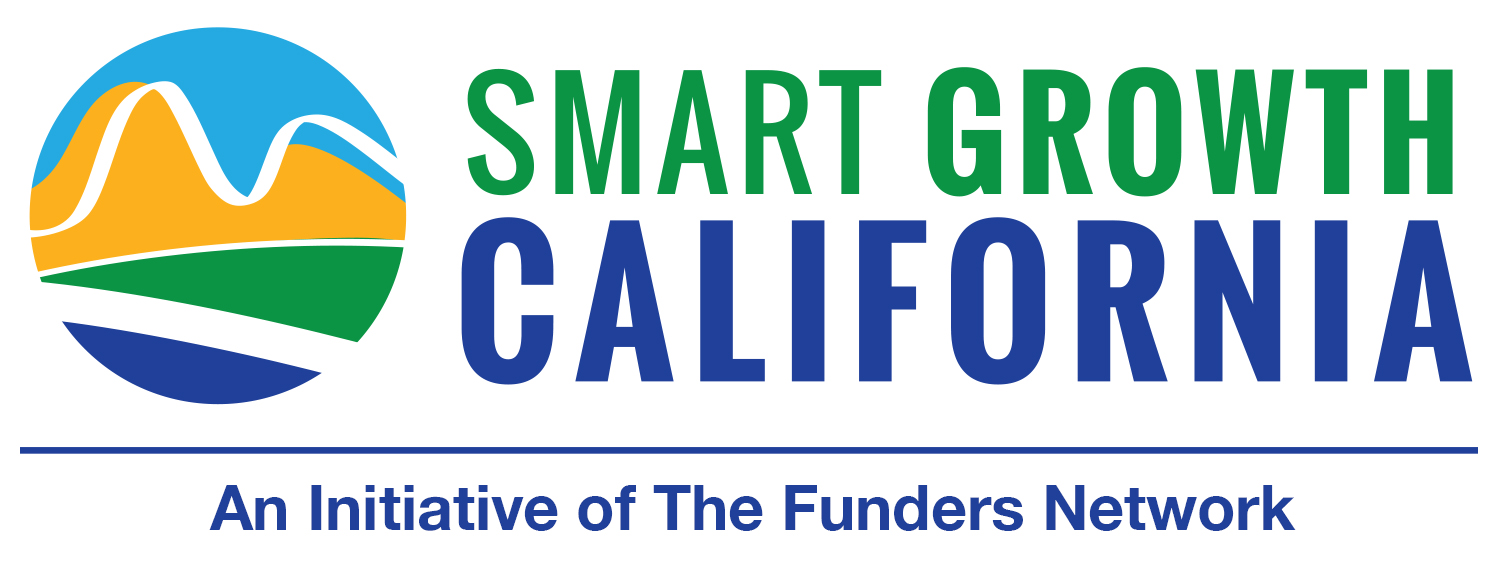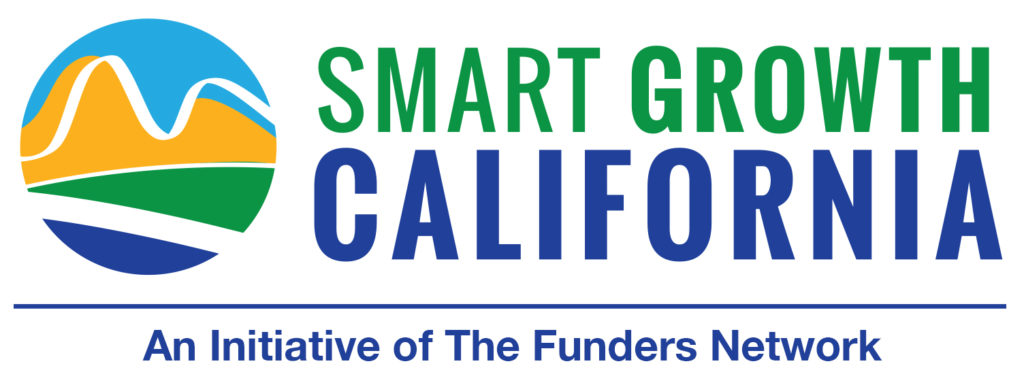Connecting Housing, Transportation, and Education to Expand Opportunity
This paper discusses how to create more places where low- or moderate- income families can afford a suitable home in a transit-rich neighborhood with good schools. Amy Kenyon (Ford Foundation), Judith Bell (The San Francisco Foundation) and others contributed.
READ MORE >November 2015
Center for Cities + Schools in partnership with Enterprise, Mile High Connects, the National Housing Conference, and the Natural Resources Defense Council (NRDC)
affordable housing, social justice, transit-oriented development
Before California’s Drought, a Century of Disparity
This story is part of a series on the future of the San Joaquin Valley’s unincorporated communities, and looks at how the San Joaquin Valley, a legacy of shortsighted land-use planning has intensified the water crisis for poor residents.
READ MORE >October 2015
CityLab
public health, social justice, water
The Transportation and Health Tool
The Transportation and Health Tool provides easy access to health practitioners on the health impacts of transportation systems including: safety, active transportation, air quality, and connectivity to destinations.
READ MORE >October 2015
US Department of Transportation and the Centers for Disease Control and Prevention
public health, transportation, walking and bicycling
Resilience for Free: How Solar+Storage Could Protect Multifamily Affordable Housing from Power Outages at Little or No Net Cost
This report finds that solar power with battery backup storage systems can reduce operating costs in affordable housing and even generate revenue in some markets.
READ MORE >October 2015
Clean Energy Group
affordable housing, clean energy
California’s Climate Investments: 10 Case Studies Reducing Poverty & Pollution
This report examines 10 projects in underserved communities in California: nine that have been funded by and one that is eligible for funding from the state’s Greenhouse Gas Reduction Fund. These case studies provide an early snapshot of the Fund’s impact and suggest ways the program might be improved.
READ MORE >October 2015
Greenlining Institute
clean energy, climate change, social justice
Equity, Growth, and Community: What the Nation Can Learn from America’s Metro Areas
This free e-book by Chris Benner and Manuel Pastor builds on research showing that greater income equality is the strongest predictor of whether a region will sustain growth over time. Drawing on lessons learned from 11 cities around the country, the authors explain how developing a shared understanding of challenges, informed by data, can help overcome political polarization, spur investments for the common good, drive growth, and increase resilience in the face of economic restructuring.
READ MORE >October 2015
University of California Press
economic opportunity, gentrification and displacement, social justice
Planning for a More Resilient Future: A Guide to Regional Approaches
This report summarizes the growing body of research on resilience from disasters (both natural and human-induced) and examines current thinking on regional resilience.
READ MORE >October 2015
National Association of Development Organizations (NADO) Research Foundation
climate change, community development, economic opportunity
Land Use and Municipal Budgets: The Fiscal Connection
Municipalities across the United States are struggling with the fiscal burden of expenditures for infrastructure and services that are higher than necessary because of inefficient planning. This paper looks at the fiscal benefits that more compact development can create.
READ MORE >October 2015
Government Finance Review
economic opportunity, transit-oriented development
Grading California’s Rail Transit Station Areas
This report analyzes California’s transit stations to see which serve as hubs of thriving, walkable areas that support high levels of ridership — and which station areas need improvement.
READ MORE >October 2015
Next 10
transit-oriented development, transportation
New Climate for Transportation: How the City of San Diego and SANDAG Must Improve Transportation to Meet Climate Goals
Projections by the San Diego Association of Governments (SANDAG) show that it is mathematically impossible for the City of San Diego to achieve its transit and active transportation goals with the transportation network SANDAG is currently planning. This report details how SANDAG could shift its transportation in order to meet climate goals.
READ MORE >October 2015
Circulate San Diego and the Climate Action Campaign
climate change, transportation, walking and bicycling
Projecting Trends in Severely Cost-Burdened Renters: 2015-2025
This white paper projects how many households would be severely rent burdened by 2025 given demographic trends and differing assumptions about real changes in income and rent levels.
READ MORE >October 2015
Enterprise Community Partners and the Harvard Joint Center for Housing Studies
affordable housing, gentrification and displacement
Returns on Resilience: The Business Case
This report looks at how “building for resilience” to protect buildings and sites from increasing climate change risks makes business sense.
READ MORE >October 2015
Urban Land Institute
climate change, economic opportunity
Inclusionary Housing: Creating and Maintaining Equitable Communities
This study makes the case for well-timed, thoughtful use of inclusionary zoning as a tool to support diverse, affordable communities.
READ MORE >September 2015
Lincoln Institute of Land Policy
affordable housing, gentrification and displacement, social justice
Moving California Forward: How Smart Growth Can Help California Reach Its 2030 Climate Target While Creating Economic and Environmental Co-Benefits
This study shows that implementation of smart land use policy, in combination with technological advances in the energy sector, will be critical for the state to achieve its ambitious 2030 decarbonization target.
READ MORE >September 2015
Energy Innovation and Calthorpe Analytics
climate change, economic opportunity, transit-oriented development
Promoting Opportunity through Equitable Transit-Oriented Development (eTOD): Barriers to Success and Best Practices for Implementation
This report shows how equitable transit-oriented development can bring a range of benefits to the neighborhood and broader regional economy, the environment, municipal finances, public health, and transportation system performance.
READ MORE >September 2015
Enterprise Community Partners
economic opportunity, social justice, transit-oriented development

